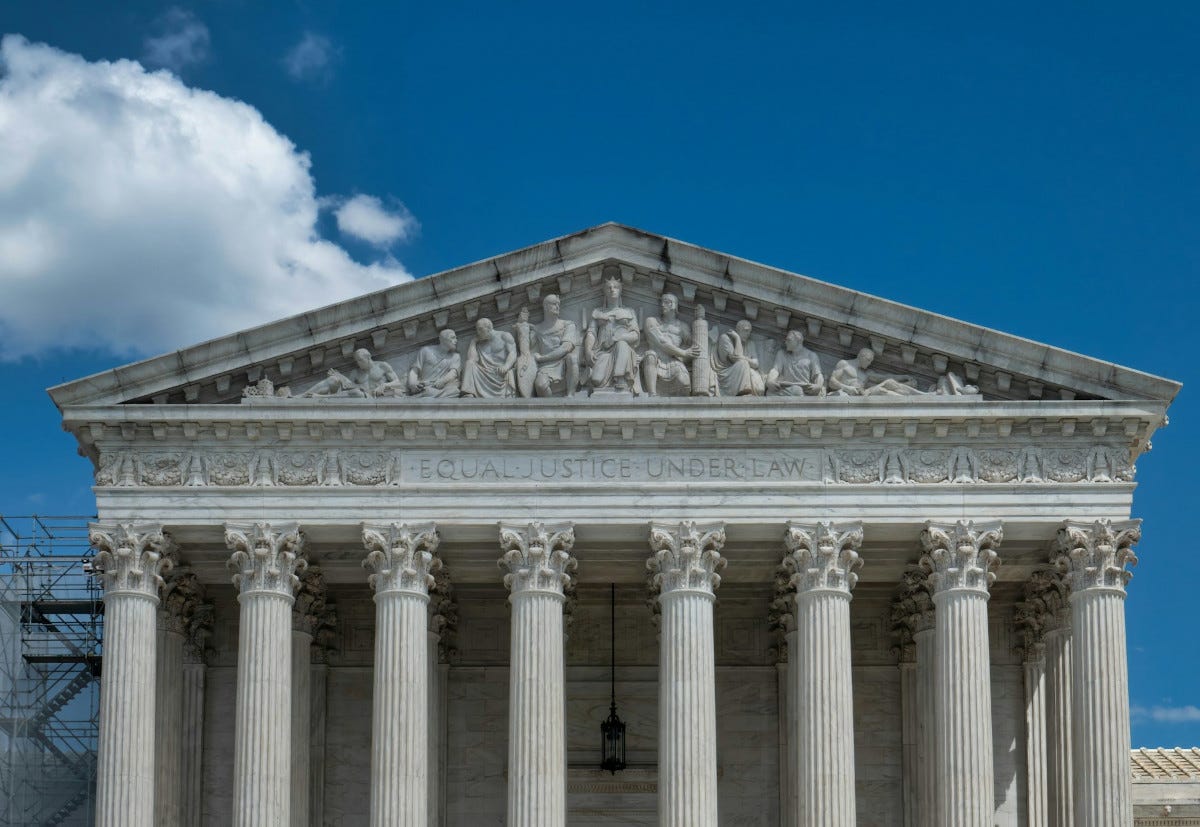Supreme Court sharply divided over legality of Catholic charter school
Oral arguments suggest Chief Justice Roberts holds deciding vote

This article has been updated.
The U.S. Supreme Court appeared to be split almost down the middle this morning over whether an Oklahoma statewide school board acted constitutionally last year in approving the creation of a government-funded Catholic charter school.
The…


